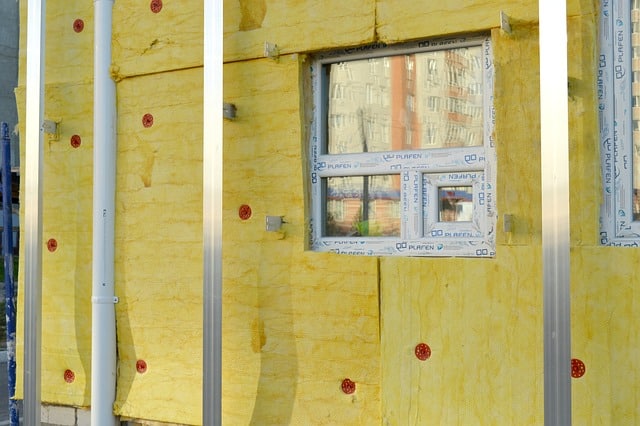Since Labour won the 2024 General Election, they’ve made several announcements around property development, sustainability and new legislation. We’ve discussed their target to build 1.5m new homes as well as their announcements around helping buyers, relaxing planning regulations and changes to Stamp Duty.
However, in August 2024, Ed Milliband, Secretary of State for Energy Security and Net Zero announced that landlords must ensure their properties have a minimum EPC (Energy Performance Certificate) rating of C by 2030, as part of their wider Warm Homes Plan.
In this blog post, we explore what that might mean for property developers and landlords, and how property development finance can help if you need to make unexpected improvements to your property.
What are the new EPC rating requirements?
Originally, plans to increase the minimum EPC rating to C for rental properties were due to come into force in 2025 and be completed by 2028, but the previous government scrapped these plans in September 2023. However, Labour have announced they will be brought back, with the deadline extended to 2030.
Currently, the average home in England and Wales is rated as a D, meaning it has an energy rating that is 55 – 68% of its potential. The current minimum EPC rating for a rental property is E, the third lowest. A rating of C suggests that it’s a ‘fairly efficient’ building with between 69 and 80% efficiency.
It’s important to note that this legislation only applies to rental properties. If you own and live in the building then there is no legal requirement to improve the EPC rating. However, that doesn’t mean it shouldn’t be done as you could benefit from reduced energy costs from investing in home efficiency. Similarly, efficient properties will be much easier to sell to prospective buyers.
Explaining the EPC C Rating
There is no set way to achieve a C rating, but insulation, the heating system and the type of fuel used can have the biggest impact. Specifically, installing triple-glazed windows, improving the loft insulation, installing cavity wall insulation and excluding drafts can often help bring your score up.
Also, installing a modern boiler or an air- or ground-source heat pump can also help you achieve an EPC C rating, but of course, these come with a high price tag. Generally, homes or flats with electric panel heaters will find it harder to meet the requirements as these can cost almost 3x as much to heat a home compared to a gas boiler.
Additionally, installing a heating controller that can create different zones and times for different areas of the property can help you gain a couple of extra rating points.
According to Simply Business, the differences in running costs for different ratings can be significant.

If you’re building a property to rent or sell as a buy-to-let, it’s in your interest to ensure it has the highest EPC rating possible. As we get closer to the deadline, homes with low ratings will lose value and be harder to sell, requiring large investments to bring them up to spec.
What’s more, installing green tech and using efficient building materials is much easier and cheaper from the outset compared to retrofitting.
The Cost of Achieving an EPC C Rating
It’s estimated that around 340,000 rental properties will need to be improved. Research by Hamptons suggests that at the current rate, it will take until 2042 for landlords to complete the necessary work.For some properties, the investment required to achieve a C rating could be significant. A Simply Business study found that 18% of landlords expect to spend over £10,000 on their improvements, while 25% expect the bill to be somewhere between £5,000 and £10,000.
Currently, Labour’s “Warm Homes Plan” contains provisions for landlords in the forms of grants and low-interest loans to support upgrades, but it’s unclear exactly how these will be implemented and how much can be claimed.In this instance, you may need to look for alternative property development finance to complete your project.
At Hunter Finance, we’re always keen to work with talented developers to bring projects to life. We offer a wide range of financing options including Development Finance, Bridging Loans, Equity Finance and Pre-Completion Loans, depending on your circumstances.
We will work with you to understand your requirements and ensure your project gets completed. Contact us today or Apply in Principle to get the process started.





